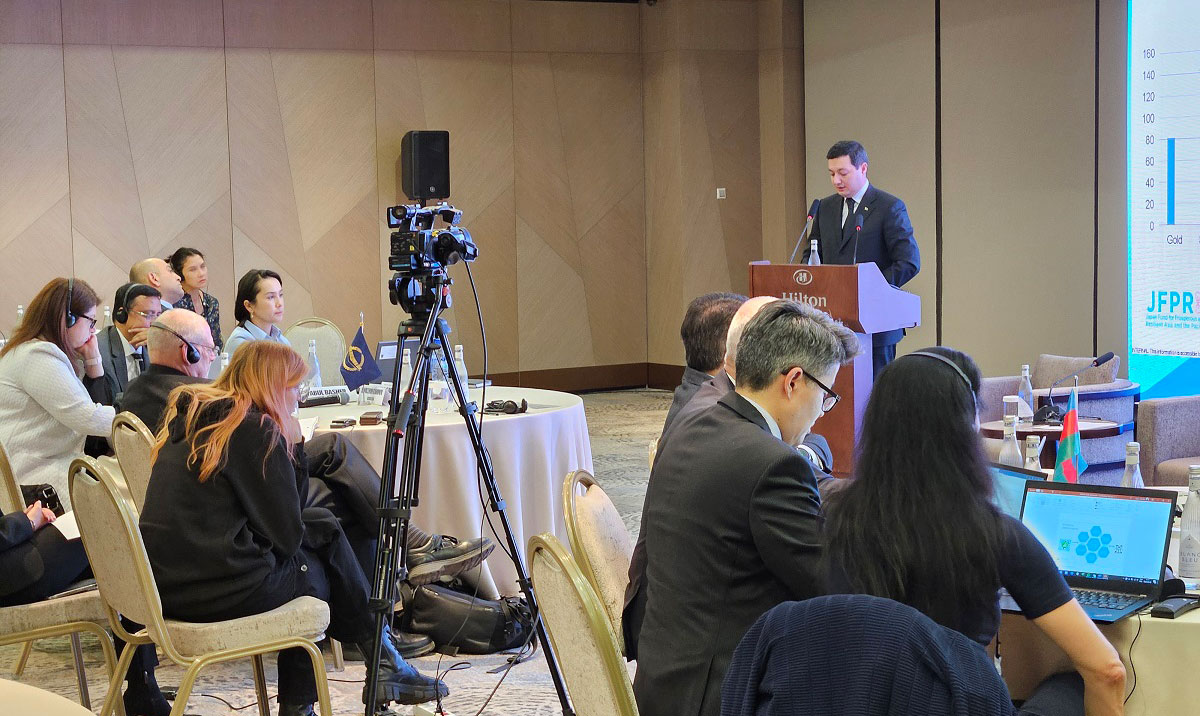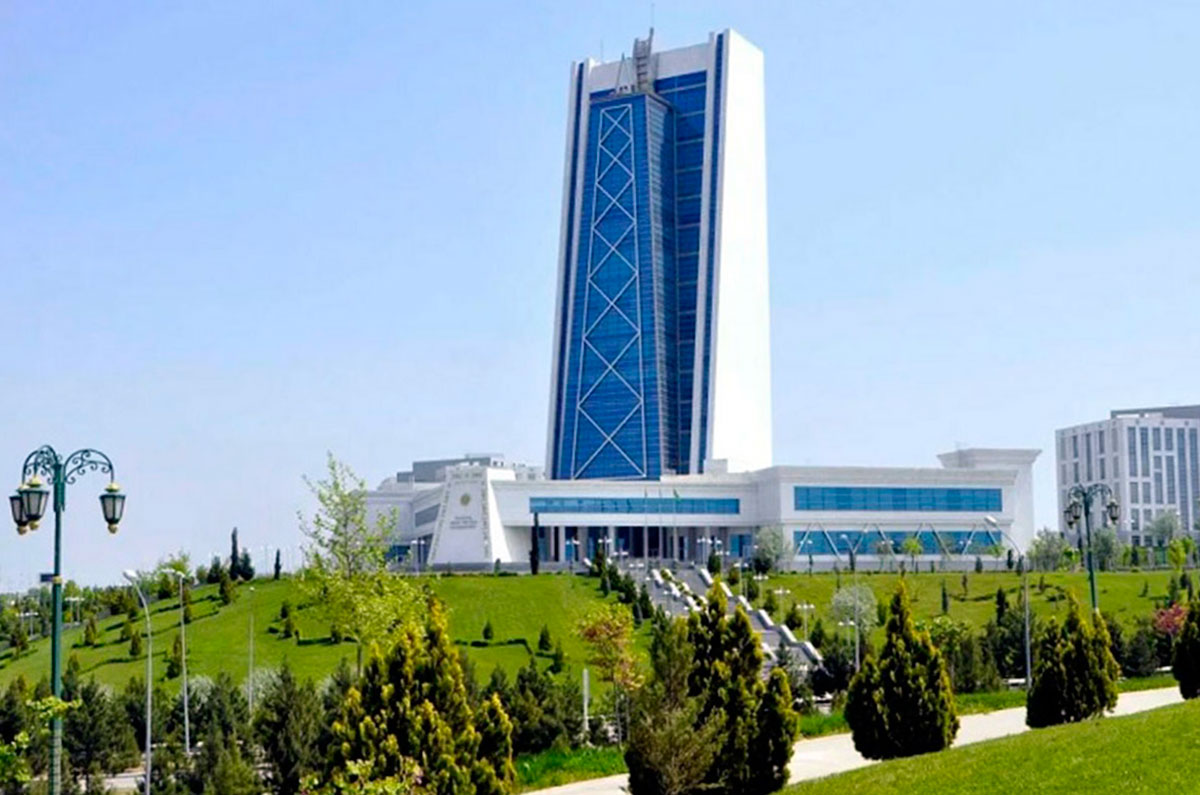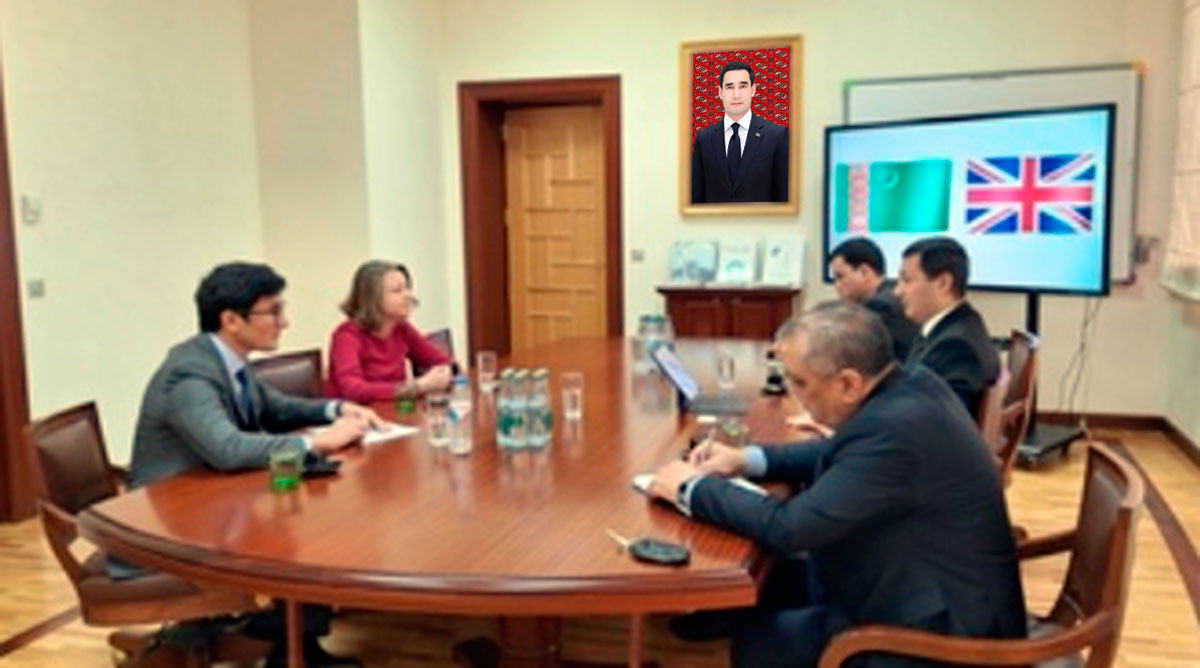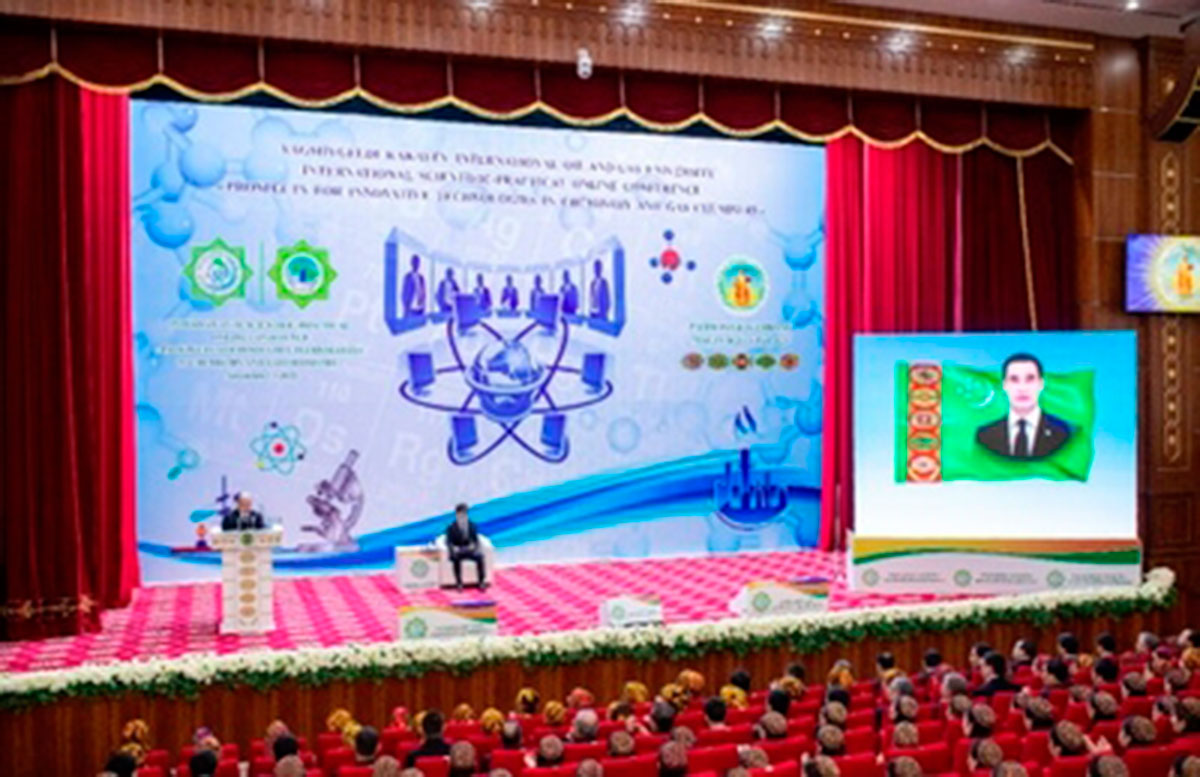The first meeting of the Working Group of the Central Asian Program regional economic cooperation (CAREC) on skills development to improve regional cooperation in the field of vocational and technical higher education. The two-day meeting took place from 29 February to March 1.
Turkmenistan was represented at the forum by the Deputy Minister education Azat Ataev and vice-rector for scientific work Turkmen Agricultural University named after S.A. Niyazova Shahymuhammet Shahyev.
In total, about 30 participants gathered at the forum to discuss issues, opportunities and prospects for the development of systems vocational and higher education, as well as regional cooperation in training qualified specialists.

On the first day of the meeting, the main emphasis was on harmonization of mechanisms used in the development educational programs in accordance with the needs of the labor market. The topics of ensuring the quality of education, its continuity, and validation of non-formal education were discussed. The best world practices for strengthening regional cooperation in the field of skills development were presented by experts from the Asian Development Bank, the Japan International Cooperation Agency, and the leadership of the Association of European Universities.
In his speech, Azat Ataev noted that the development educational standards in the country are carried out in in accordance with the International Standard Classification education, officially approved by the participating countries at the General Conference of UNESCO.
As noted, in 2021, a new version of the Law on Education was adopted in Turkmenistan and over the past 3 years in In accordance with modern requirements, the country has completely updated classifiers, educational standards, curricula, and qualification requirements for all levels of professional education.
They spoke about the Law adopted in Turkmenistan on accession to the Convention on the Recognition of Qualifications Relating to Higher Education in the European region. The Convention is one of the Council of Europe documents regulating issues internationalization of universities. According to the provisions convention in 2023 in Turkmenistan was created
An innovation information center that has joined the international networks of the Council of Europe and the European Commission ENIC and NARIC.
The second day of the event was devoted to strengthening regional cooperation in the field of professional skills required for climate change-aware agricultural development, water resource management in the CAREC region, and the role of agricultural universities in this direction.
In this regard, Vice-Rector for Scientific Work of the S.A. Niyazov Shahymuhammet Shahyev spoke in detail about the large-scale activities carried out at the university and Turkmenistan in general related to issues of ecology, environment and climate change.
It was emphasized that Turkmenistan is a participant in the whole a number of international agreements and conventions in the field of protection environment and rational use of natural resources and strives to achieve the assigned tasks, consistently fulfilling accepted obligations.
In accordance with international documents at the agricultural university Turkmenistan is taking comprehensive measures to harmonize educational programs to develop the necessary skills and knowledge. Continuing the topic, the results of scientific and practical work on the adaptation of agricultural crops to climate change, as well as scientific work related to the rational use of water resources, were demonstrated.
The event participants got acquainted with international standards used by think tanks and academia, including the European University Network, CAREC Institute, Justus Liebig University Giessen, Wageningen Center for Development Innovation and JICA.
At the end of the forum, it was noted that in connection with the general issues of climate change and environmental sustainability in the region, the CAREC Agricultural University Network can stimulate research on climate change and be a source of knowledge on how to use advanced technologies and adapt them to local needs. This can drive innovation and the development of cutting-edge solutions.








